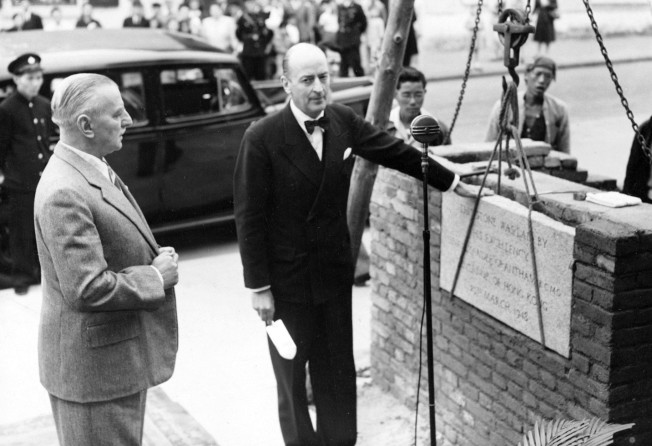Then & now: ctrl freaks
In today's social media-savvy world, what's done can rarely be undone, much to the chagrin of our hapless officials, writes Jason Wordie

Social media and smartphones have transformed the way the world works. Everything has changed, except – in Hong Kong, anyway – official responses to controversial public incidents.
New technology has certainly not made those in authority any more prone to telling the truth in difficult circumstances.
When officials surround themselves by reassuring sycophants, and downgrade access to those increasingly rare individuals who tell them honestly and without fear what they need to hear (but don’t necessarily want to listen to), then preventable disaster is not far away.
The case of Fanling teacher Alpais Lam Wai-sze exemplifies this situation. In a moment of illconsidered – but, judging from the evidence, understandable – rage, she swore at police officers who had stood by and allowed peaceful (if annoying) Falun Gong protesters to be roughed up by thugs.
And what did Hong Kong’s officials – from Chief Executive Leung Chun-ying downwards – subsequently do? Blame the person who raised the alarm, rather than deal with the systemic problems that caused the sorry issue to arise in the first place.
For her outspokenness, Lam’s life was made a public misery.
So far, so predictable, but as the public mood gets steadily uglier, and community willingness to tolerate blatant official dissembling diminishes, it is a matter of concern that broader lessons indicated by this case have, apparently, not been learned.
As any mathematics student knows, it is impossible to argue with probability. If an incident is filmed in colour with good audio, by a few dozen independent observers, and then posted online where it can quickly go viral, it is impossible to deny with any credibility – as police spokesmen continue to try to do – that an incident was significantly different to what numerous independent witnesses clearly observed.
Of course, online public debates can be cleverly shut down long enough for other issues to take precedence in the wider consciousness; the recent “race riot” in Singapore and the concerns about poorly managed immigration policies that the incident highlighted make this fact clear. One doesn’t need to be a conspiracy theorist to notice how quickly certain events “disappear” these days, especially when closer critical examination would simply complicate matters further.
In the past, official invisibility could be used to positive effect.
One former government official described to me how, in the early 1950s, when he briefly served as one of Governor Sir Alexander Grantham’s assistant private secretaries, it was easy to evaluate, first-hand, what was going on.
Grantham, accompanied by his European police bodyguard and a couple of other officials (all Cantonese speakers), would go off on a brisk walk around the city, all the while closely noting the general mood on the street.
With no television then, and few press photographs (those that did appear were mostly indistinct), to the average man in the street these pedestrians were just a few ambling foreigners, not the governor and his entourage on a quiet tour of inspection.
Modern saturation TV coverage, and automatic public recognition, means officials can’t go anywhere – or do anything – without being immediately noticed, and their every word or action recorded and scrutinised.
In a world of instant media opinions – with all the lack of reflection that any form of immediacy automatically implies – their every gesture is subject to widespread misinterpretation.
No wonder Hong Kong’s hapless officials can’t do anything right anymore.